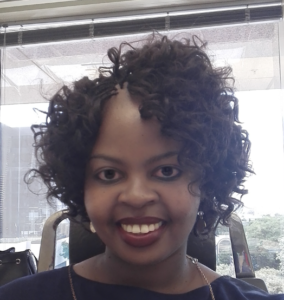 Dila Makgai, Medical Advisor for a large multinational pharmaceutical company. Dila holds a Bachelor of Medicine and Bachelor of Surgery (MBCHB) degree, Master of Business Administration (MBA) and Master of Medicine (MMed) in pharmacology
Dila Makgai, Medical Advisor for a large multinational pharmaceutical company. Dila holds a Bachelor of Medicine and Bachelor of Surgery (MBCHB) degree, Master of Business Administration (MBA) and Master of Medicine (MMed) in pharmacology
Tell us about yourself, what do you do in health?
Dila Makgai is a medical advisor for a large multinational pharmaceutical (generic/bio-pharma) company. She facilitates scientific and medical dialogue, presents scientific and medical information, before large and small audiences, and exchanges with prioritized stakeholders. Additionally, she develops and fosters credible peer-to-peer relationships with medical experts and key opinion leaders.
As a medical advisor, Dila also tailors medical materials provided from global, for stakeholder engagement and events, to local needs, and ensures compliance with local requirements. She plans, coordinates and oversees local medical advisory boards. Dila develops, prepares, and strives to implement tactical therapeutic area – presenting medical and safety data – product specific medical and publication plans in alignment with global and local medical strategy.
Furthermore, she analyzes pharmacokinetic data, analyzes and evaluates literature articles and provides solid medical/scientific writing. She trains medical and non-medical personnel and provides expertise in the review of adverse events locally, contributing to global pharmacovigilance activities including the design of local patient support programs. The data she collects and analyzes is used in the preparation of medical reports and other documents for submission to health authorities in support of Marketing applications or in response to clinical or pharmacovigilance queries.
What led you to pursue a career in health?
I have lost many family members and relatives to non-communicable and preventable diseases. I often wondered if there were things that we could have done to assist them. Some family members died from diabetes and hypertension complications. I then took a decision to pursue a career that would allow me to assist in managing or preventing these complications from taking place.
Local female medical practitioners, in my communities, also inspired me and I aspired to one-day do what they were doing.
What are you most proud of?
I am proud of all my graduations so far, my Bachelor of Medicine and Bachelor of Surgery (MBCHB) degree, Master of Business Administration (MBA) and Master of Medicine (MMed) in pharmacology, as well as my experiences. I have been able to realize that anything is possible through hard work.
I push myself often, so I have currently enrolled for a certification in financial analysis as I have developed an interest in learning how businesses work. I am proud of myself in taking this latest decision, as I am building my knowledge to become a competent and well-rounded individual who is knowledgeable and can make good decisions one day.
I am also proud of the role that I have played in the lives of every patient I have been able to assist during my clinical years. I have done it whole-heartedly and I still become happy when I give or assist strangers randomly, as it comes naturally to me.
What do you wish you had done differently?
Nothing. I think everything worked out as planned and beyond! I do not regret leaving the clinical aspects of medicine, since specializing in pharmacology (pharmacokinetics/pharmacodynamics) has always been my dream.
What are some of the biggest challenges you have faced? How did you overcome them? What are some of the lessons learnt?
Being an African, medical female graduate in a corporate environment; some people do not fully understand your role as a medical affairs associate. Some do not believe in you, and may not really trust the advice that you give. I have learnt to overcome this by being true to myself, offering the highest level of scientific evidence with any task that I am faced with. I have also learnt that it is ok not to know everything, but treat all your challenges and experiences as learning curves.
What are your views on mentorship and how, if applicable, has it played a role in your career advancement?
Mentorship has played a big role in my career advancement. I have been blessed tremendously to have strong –willed, very experienced women in my field, who have guided me through obstacles that I have faced, even beyond work related issues. These are very senior women in the industry, and have taken out their time to assist me. As I plan my future, still within this industry, I bounce a lot of ideas and thoughts on them, and I am guaranteed an honest and positive piece of advice. Their experiences have really assisted me. I also believe that mentorship can be facilitated through reading materials; I read many books written by people whom I look up to.
What are some of the opportunities you see for women in health on the African continent?
There are many opportunities for women in health on the African continent. Many women in health may still choose the clinical route. We still need more specialists in many disciplines – oncology, hematology etc. There are many opportunities in non-clinical roles that women can play, including drug development and research – coming up with newer drugs. In preparation for the coming of the 4th industrial revolution, opportunities exist within areas such as technology, coming up with ideas to improve our medical processes for better efficiency, – using drones, laparoscopic procedures, improving access to safe medicines etc.
African women need to equip themselves with knowledge that will benefit their communities. We need to communicate with our community members to identify their needs, and not to assume that we know what they would want or need. We also need to utilize current, existing, and updated policies that are better suited to identify the needs of children and women, as there is no one size fits all approach for all of us.
What advice do you have for other women in health?
I would advise women to follow the direction of where their passion lies. It is also important for women to remember that their path has the ability to change, and they are allowed to embrace their new direction. I am testimony that you can be successful in any specialty that you choose.

Leave a Reply